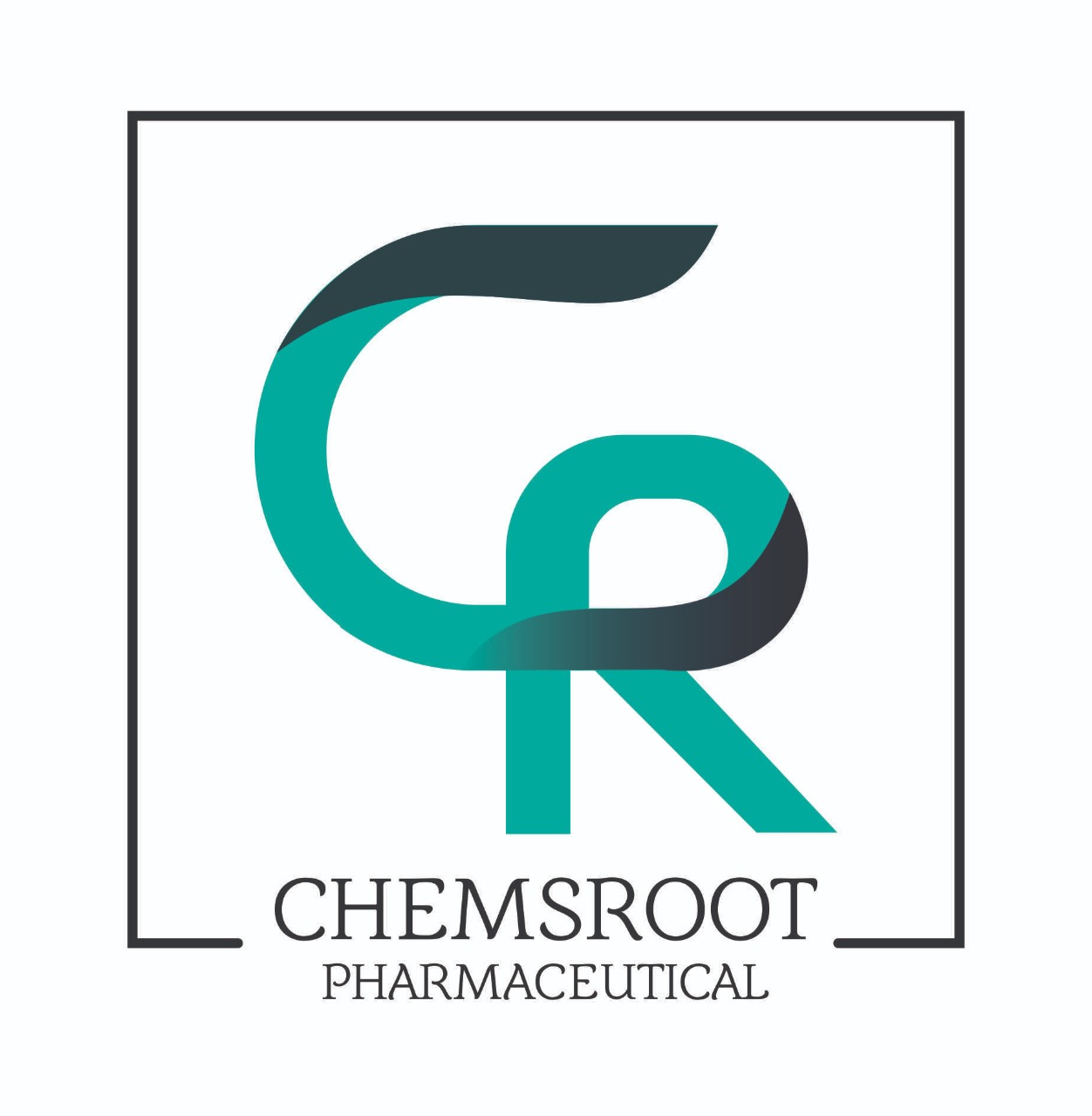Understanding the Implications of Third-Party Manufacturing in Pharma
Understanding Co-Manufacturing and Third-Party Manufacturing
April 24, 2024Why Third-Party Manufacturing Thrives in the Pharma Industry
April 25, 2024Navigating the Financial Landscape: Understanding the Implications of Third-Party Manufacturing in Pharma
In the dynamic world of pharmaceuticals, the decision to outsource manufacturing to third-party entities is not merely a strategic choice but a financial one as well. This practice, known as third-party manufacturing, has become increasingly prevalent as companies seek to optimize resources, enhance flexibility, and improve cost-efficiency. However, navigating the financial implications of third-party manufacturing requires a nuanced understanding of various factors that impact the bottom line. In this blog, we delve into the key financial considerations pharmaceutical companies must weigh when outsourcing manufacturing processes.

The Cost Dynamics of Third-Party Manufacturing
At the forefront of any discussion on third-party manufacturing lies the aspect of cost. While outsourcing production can offer significant cost savings, it’s essential to conduct a comprehensive cost analysis to determine the actual financial implications. Factors such as labor costs, material procurement expenses, overhead costs, and transportation expenses must be meticulously evaluated to gauge the overall cost-effectiveness of third-party manufacturing.
Economies of Scale and Cost Optimization
One of the primary drivers behind outsourcing manufacturing is the potential for leveraging economies of scale offered by specialized third-party manufacturers. By consolidating production volumes across multiple clients, these manufacturers can spread fixed costs over a larger output, resulting in lower per-unit production costs. Pharmaceutical companies stand to benefit from this cost optimization strategy, particularly when dealing with high-volume products or specialized processes that require significant capital investment.
Capital Expenditure vs. Operating Expenses
Another critical financial consideration in third-party manufacturing is the distinction between capital expenditure (CapEx) and operating expenses (OpEx). While in-house manufacturing may involve substantial upfront capital investment in infrastructure, equipment, and facilities, outsourcing shifts these costs from CapEx to OpEx. This transition can lead to improved cash flow management and greater financial flexibility, as companies can allocate capital resources to core research and development activities rather than infrastructure development.
Risk Mitigation and Contingency Planning
Despite the potential cost savings, engaging in third-party manufacturing introduces inherent risks that must be addressed from a financial standpoint. Supply chain disruptions, quality control issues, regulatory compliance challenges, and intellectual property concerns are among the key risks that pharmaceutical companies face when outsourcing production. Developing robust risk mitigation strategies and contingency plans is essential to safeguard against potential financial losses and reputational damage arising from unforeseen circumstances.
Regulatory Compliance Costs
Compliance with regulatory standards and quality requirements is non-negotiable in the pharmaceutical industry. However, ensuring adherence to regulatory guidelines adds another layer of financial complexity to third-party manufacturing arrangements. Pharmaceutical companies must factor in the costs associated with regulatory compliance, including audits, inspections, documentation, and quality assurance measures, when outsourcing production to third-party manufacturers. Failure to meet regulatory requirements can result in costly penalties, product recalls, and damage to brand reputation.
Intellectual Property Protection and Licensing Fees
Protecting intellectual property (IP) rights is paramount in an industry where innovation drives competitiveness and market differentiation. When outsourcing manufacturing to third-party entities, pharmaceutical companies must implement robust IP protection mechanisms to safeguard proprietary formulations, processes, and technologies. Additionally, licensing agreements and royalty fees may apply when transferring IP rights to third-party manufacturers, further impacting the financial aspects of outsourcing.
Hidden Costs and Unforeseen Expenses
While outsourcing manufacturing can yield significant cost savings, it’s crucial to be mindful of hidden costs and unforeseen expenses that may arise throughout the outsourcing lifecycle. These include additional testing and validation requirements, change management costs, technology transfer expenses, and fees associated with contract renegotiation or termination. By conducting thorough due diligence and anticipating potential cost drivers, pharmaceutical companies can mitigate the risk of budget overruns and financial surprises.
Financial Reporting and Performance Metrics
Effective financial management in third-party manufacturing requires robust reporting mechanisms and performance metrics to monitor and evaluate the financial impact of outsourcing arrangements. Key performance indicators (KPIs) such as cost per unit produced, production cycle times, inventory turnover rates, and return on investment (ROI) should be tracked regularly to assess the efficiency and profitability of third-party manufacturing partnerships. Transparent financial reporting fosters accountability, facilitates decision-making, and enhances stakeholder confidence in outsourcing initiatives.
Strategic Partnerships and Long-Term Financial Planning
Lastly, successful third-party manufacturing relationships are built on strategic partnerships that align with long-term financial objectives and organizational goals. Rather than viewing outsourcing as a short-term cost-cutting measure, pharmaceutical companies should approach third-party manufacturing as a strategic investment in enhancing operational agility, scalability, and competitiveness. By forging collaborative partnerships based on trust, transparency, and shared value creation, companies can unlock synergies that drive sustainable growth and financial resilience in an increasingly complex and competitive landscape.
Conclusion
In conclusion, understanding the financial implications of third-party manufacturing is essential for pharmaceutical companies seeking to optimize their operational efficiency and drive long-term profitability. By conducting comprehensive cost analyses, leveraging economies of scale, managing risks effectively, and fostering strategic partnerships, companies can navigate the complexities of outsourcing while realizing significant cost savings and competitive advantages. In a rapidly evolving industry landscape, proactive financial management and prudent decision-making are imperative for success in third-party manufacturing endeavors.
Book your batch now and apply for third party manufacturing.
Contact Details:
Name: Chemsroot Pharmaceuticals
Phone: +91 8699504069, +91 8699154069
Address: 759/19 SECTOR 13 CHANDIGARH 160101
www.chemsroot.com
Email: chemsrootpharmaceuticals@gmail.com

